Our body’s natural 24-hour clocks, called circadian rhythms, control many bodily functions, including sleep and wake cycles, hormone production, body temperature, and more. They work together to make you feel better, think better, and improve your metabolism and overall health. But a lot of people hurt their circadian health and, as a result, their health without even knowing it. This long article uses peer-reviewed research, expert consensus, and clinical guidance to disprove five common myths about circadian rhythms.
Myth 1: You can “catch up” on sleep you missed on the weekend.
The Myth’s Draw
After staying up late for a week, the idea of “banking” sleep from Friday night to Sunday morning sounds like the best thing to do. Many people believe that sleeping in on the weekends completely restores the energy and physical balance that was lost during the week.
Why It’s Wrong: Only a Little Bit of Recovery
A study in the Journal of Sleep Research found that getting more sleep on the weekends makes people feel less sleepy, but it doesn’t completely fix the metabolic and cognitive problems that come from not getting enough sleep during the week.
Physiology:
When you don’t get enough sleep at night (usually 7 to 9 hours for adults), you build up sleep debt. Getting less sleep makes you more sensitive to insulin, causes inflammation, and makes it harder to remember things. These changes don’t go back to normal after just one or two extra nights of sleep.
Circadian misalignment
When you sleep a lot later on the weekends, it changes when you wake up and go to bed. Every Monday, this “social jet lag” makes your body reset its internal clock, which makes you more tired and grumpy during the day.
Changes in hormones
Sleeping longer in the morning lowers cortisol levels and delays the release of melatonin. This throws off your body’s hormonal timing for the rest of the week.
Advice That Will Help
- Stick to the Same Bedtime: Even on weekends, try to go to bed and wake up within 30 minutes of each other.
- Naps Over Oversleep: A 20 to 30 minute nap in the early afternoon can help you stay awake without stopping you from sleeping at night.
- Plan Buffer Nights: If you know you’ll be up late, go to bed 30 minutes earlier for a few nights before.
Myth 2: Drinking caffeine in the morning doesn’t change the time on your body.
Why the Myth is Interesting
People who love coffee often believe that any effects it has on their sleep or circadian rhythm go away long before they go to bed.
Why It’s Wrong: Half-Life and Lasting Effects
Pharmacokinetics:
In adults, the half-life of caffeine is about 5 to 6 hours. So, by 3 PM, a cup of coffee at 9 AM still has about 25% of its peak blood concentration. This can make it harder for the body to make melatonin.
In a controlled trial, 400 mg of caffeine taken six hours before bedtime significantly disrupted sleep architecture and reduced total sleep time by over an hour.
Changes in Sensitivity
Genetic differences in CYP1A2 change how quickly caffeine is broken down. If you metabolize caffeine slowly, it stays in your body longer. This means that coffee in the morning could last until the evening.
Changes in the Circadian Phase
Recent chronobiology studies suggest that caffeine can cause slight phase delays in core body temperature and melatonin rhythms, akin to the effects of exposure to light in the late afternoon. Drinking caffeine every day in the afternoon can make it harder for you to fall asleep at night.
Helpful Tips
- Limit What You Eat Before Noon: Stop drinking caffeine by noon or at least eight hours before bed.
- Don’t take more than 200–300 mg a day (about 2–3 cups of coffee). Keep track of how much you take.
- Consider Other Options: In the afternoon, pick teas that don’t have caffeine or have adaptogens in them.
Myth 3: “Night owls” can turn into “early birds” just by using their willpower.
The Myth’s Pull
Many cultures value getting up early. Many “evening types” believe that with sufficient effort, they can revert to their “normal” morning routine.
Why It’s Wrong: Genetics Determines Chronotypes
Twin studies show that chronotype heritability estimates are between 40% and 50%, which means that genetics have a big effect.
CLOCK Gene:
Differences in clock genes, like PER3 and BMAL1, are linked to natural preferences for when to sleep.
Limitations of the body
You might not get enough sleep if you have to wake up early and go to bed late.
People with chronotypes that aren’t aligned are more likely to have mood disorders, metabolic syndrome, and lower cognitive performance when they have to stick to schedules they don’t like.
A Bright and Social Place
People who stay up late often don’t get enough natural light in the morning (which is important for circadian entrainment) and get too much artificial light at night, both of which make their late phase worse.
Useful Tips
- Changes over time: If you want to change your schedule sooner, move your bedtime and wake-up time forward by 15 minutes every few days.
- Strategic Light Exposure: Get bright light therapy within 30 minutes of waking up and avoid blue light after dark.
- Accepting Your Natural Rhythm: Try to plan your work or study time around your chronotype as much as you can to get the most done and stay healthy.
Myth 4: The only things that can help with nighttime light exposure are blue-light glasses and screen filters.
The Myth’s Draw
Because screens are everywhere, blue-blocking glasses have become a popular “quick fix” for circadian disruption.
Why It’s Wrong: The spectrum and intensity are important.
Most blue-blocking lenses only block light in the 450–490 nm range, but a lot of devices give off light in the 400–700 nm range. Even if “blue” is only partially blocked, high overall brightness still stops melatonin.
Effect Size and User Compliance
Study Results: A randomized trial demonstrated that while blue-blockers improved subjective sleep quality, objective enhancements in sleep were negligible unless overall screen brightness and timing were simultaneously adjusted.
Complete Light Hygiene Required
Circadian rhythms are affected by all the light in the room, including ambient light, overhead fluorescents, and streetlights that come in through windows. You can’t fix these sources with just glasses.
Helpful Tips
- Turn Off All Lights: After dark, set all your devices to “evening mode” and turn down the lights in the house.
- Limit Screen Time: Don’t look at screens for at least 60 to 90 minutes before you go to bed.
- For the best results, use blue-blockers, lower the light level, use warm color temperatures, and hang blackout curtains.
Myth 5: Older People Don’t Have to Worry About Their Circadian Health
The Myth’s Pull
Many older people and their caregivers think that sleep problems are just a normal part of getting older, since sleep often gets worse with age.
Why It’s Wrong: It’s Important to Keep Your Rhythm Strong
Amplitude Decline:
The amplitude of circadian markers, such as core body temperature and melatonin rhythm, decreases with age; however, lifestyle choices can maintain the amplitude.
Health Implications:
Weaker rhythms are linked to a higher risk of mood disorders, heart disease, and cognitive decline.
Things you can do differently
People with neurodegenerative diseases can make their rhythm more stable by getting more exercise, more sunlight, and more regular schedules.
Interventions that are tailored
Bright light therapy and melatonin supplements can help older adults sleep better and be more awake during the day, but only with medical supervision.
Good Advice
- Morning Light Ritual: After you wake up, you should spend 30 minutes outside in the light or use a light box that gives off 2,500 to 10,000 lux.
- Doing aerobic or strength training in the morning or afternoon on a regular basis can help increase rhythm amplitude.
- Keep to a schedule: Stick to the same times for meals and sleep.
Frequently asked questions (FAQs)
What is a rhythm that happens every day?
Circadian rhythms are 24-hour cycles that happen naturally and control how the body works. The suprachiasmatic nucleus in the brain controls them, and they work with things in their environment, like light and temperature, to stay in sync.
What do circadian rhythms and jet lag have to do with each other?
Your body’s internal clock gets out of sync with local time when you travel quickly across time zones. Your symptoms—insomnia, fatigue, and digestive problems—go away as your clock re-enters, which usually happens at a rate of about 1 hour per day.
Can people who work shifts ever get used to working at night?
People don’t usually fully adapt. Changes that happen all the time are the worst. Scheduled exposure to bright light, taking melatonin at certain times, and using blackout curtains are some ways to lessen the effects.
Is it okay and helpful to take melatonin as a supplement?
Melatonin is a hormone that tells the body that it is dark. It can help you fall asleep and change your sleep cycle if you take it correctly (0.5–3 mg, 30–90 minutes before your target bedtime). Long-term safety at low doses is usually good, but it’s best to talk to a doctor first.
Do animals have rhythms that are like ours?
Yes. Almost all living things, from cyanobacteria to mammals, show circadian organization. This is important for evolution.
How do I figure out what my chronotype is?
The Munich Chronotype Questionnaire and other validated questionnaires can help you figure out when you like to sleep and wake up. Wearable trackers can keep track of your sleep patterns and light exposure to give you personalized insights.
Does the time of day affect circadian health?
Meal times give you secondary time cues, which are also called “zeitgebers.” Eating at strange times, especially late at night, can mess up the central clock and the clocks in the pancreas, liver, and gut.
Are there apps that can help keep circadian rhythms in check?
Apps like f.lux, Night Shift on iOS, and SleepCycle can themselves change the color temperature of your screen or keep track of your sleep patterns. But they work best when you also change how you act.
Is it possible for kids and teens to have circadian misalignment?
Yes. Teenagers naturally start to stay up later when they hit puberty. Enforcing early school start times goes against biology, which leads to chronic sleep deprivation and makes learning harder.
What are the long-term effects of messing up the circadian rhythm?
Chronic misalignment is connected to obesity, type 2 diabetes, heart disease, mood disorders, cancer risk, and aging more quickly.
Last thoughts
Our bodies stay in sync with each other thanks to circadian rhythms. When people stop believing things like “catch-up” sleep on the weekends resets your clock, caffeine is safe after the morning, or blue-blockers alone protect you, they can start to follow habits that are backed by science. Making small changes, like sticking to a regular schedule, getting the right amount of light at the right times, and knowing your chronotype, can be very good for your health. You not only sleep better when you follow these tips, but you also get stronger every day in your metabolism, brain, and emotions.
References
- Banks, S., et al. “Partial sleep deprivation reduces daytime performance but does not fully reverse deficits following recovery sleep.” Journal of Sleep Research. 19(1):123–130 (2010). https://onlinelibrary.wiley.com/doi/10.1111/j.1365-2869.2009.00788.x
- Wittmann, M., et al. “Social jetlag: misalignment of biological and social time.” Chronobiology International. 23(1-2):497–509 (2006). https://www.tandfonline.com/doi/full/10.1080/07420520500545979
- Nehlig, A. “Interindividual differences in caffeine metabolism and factors driving caffeine consumption.” Pharmacological Reviews. 51(2):83–101 (1999). https://pharmrev.aspetjournals.org/content/51/2/83
- Drake, C., et al. “Caffeine effects on sleep taken 0, 3, or 6 hours before going to bed.” Journal of Clinical Sleep Medicine. 9(11):1195–1200 (2013). https://jcsm.aasm.org/doi/full/10.5664/jcsm.3170
- Burke, T.M., et al. “Caffeine administration acutely alters human circadian clock phase.” Scientific Reports. 5:8564 (2015). https://www.nature.com/articles/srep08564






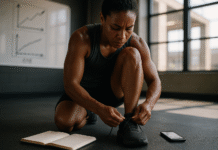

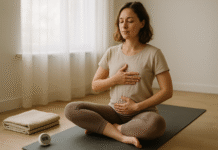

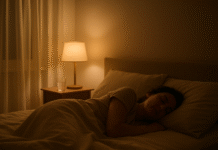


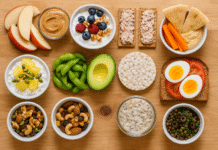
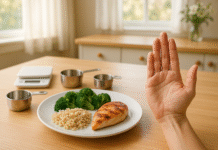




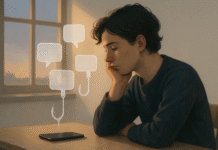
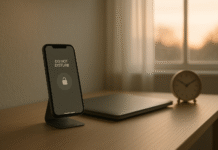
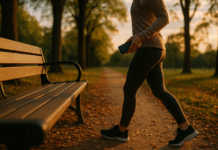
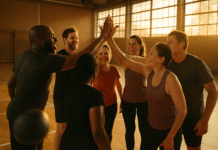
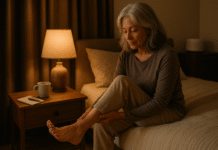
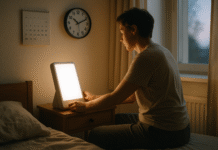
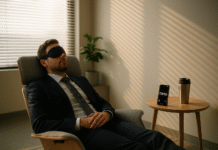
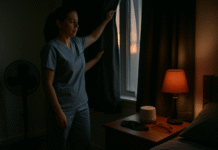

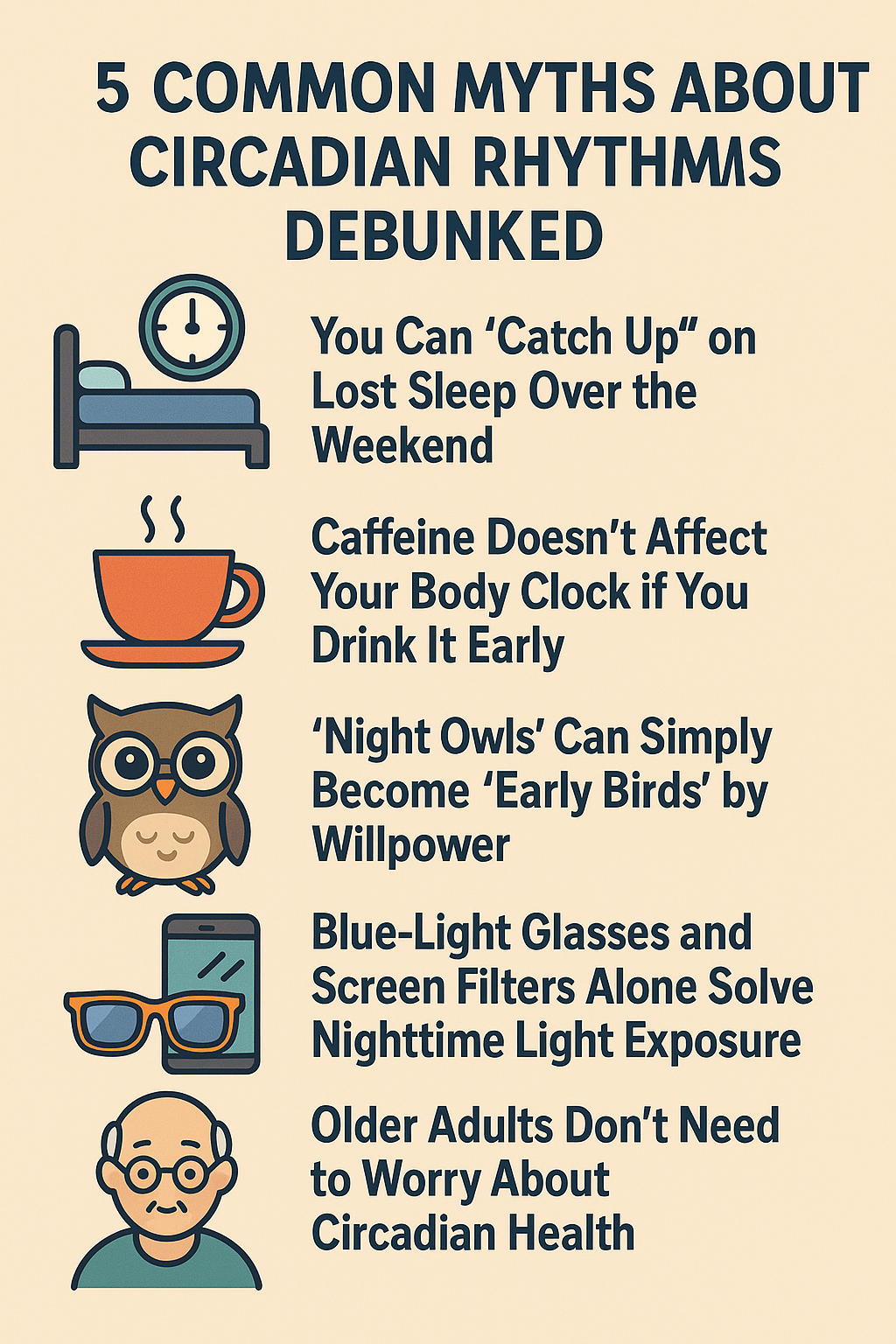
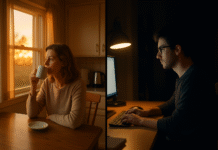

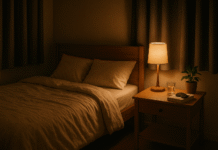

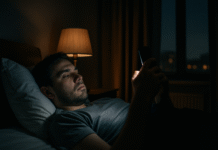

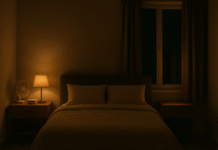
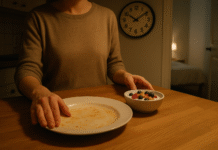
Great goods from you, man. I have understand your stuff previous
tto aand you’re juust too fantastic. I really like what yoou have acquired here, really
like what you are stating aand the waay in which you say it.
You mske it entertaining and you still carfe for tto
keep it sensible. I can’t wait to read much more from you.
This is really a tremendous site.
Hey I know this is off topic but I was wondering if you knew of any
widgets I could add to my blog that automatically tweet my newest twitter updates.
I’ve been looking for a plug-in like this for
quite some time and was hoping maybe you would have some experience with something like this.
Please let me know if you run into anything. I truly enjoy reading your blog and I
look forward to your new updates.